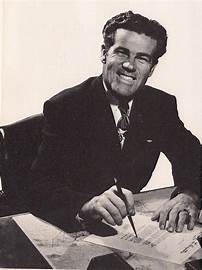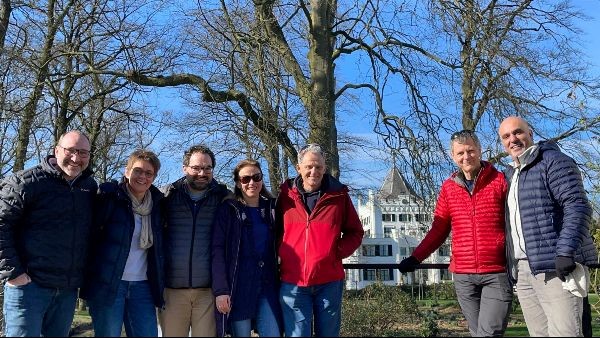To be or not to be a disciple of Jesus?

This is a question many ask, for being a disciple is a journey for life. It is a journey which will influence every part of life. To be a disciple means to follow, love, and obey Jesus. It means to help others do the same.
As we read and study the Bible, we discover what Jesus said about being and making disciples. We discover that he had quite a lot to say. (click here for more)
He gives a challenge: ‘You are truly my disciples if you remain faithful to my teachings’ (John 8:31). For this is more than just a hobby. Jesus is calling us to the most fulfilling adventure ever, faithfulness to him. That will take effort, time, patience, and not giving up. It will change our hearts.
So, what did Jesus teach about being a disciple while here on earth?
- ‘Love each other. Just as I have loved you, you should love each other. Your love for one another will prove to the world that you are my disciples’ (John 13:34-35). For love can be challenging, and totally life-changing, but Jesus help us. He enables us to love others as he does.
- ‘I am the vine; you are the branches. Those who remain in me, and I in them, will produce much fruit. For apart from me you can do nothing’ (John 15:5). Jesus enables us to be fruitful as we stay close to him.
- ‘Those who love their life in this world will lose it. Those who care nothing for their life in this world will keep it for eternity. Anyone who wants to serve me must follow me, because my servants must be where I am. And the Father will honour anyone who serves me’ (John 12:25-26). Jesus calls us to totally give our lives to him. He desires that we honour him above all else.
This is how Jesus would like each person to walk, taking up that journey with him.
Freedom to explore

Every nation and culture has its own unique identity. In Europe, the Navigators seeks to be and make disciples in a way which is sensitive in each person and since each person comes through with a cultural heritage that too must be respected. This relational approach respects values and national identity. It respects differences. Yet, you might be wondering how one organisation can cross these international emotional borders? (click here for more)
The Navigators have groups from Norway to Spain, and Ireland to Bulgaria. And someone within each country was originally discipled by a missionary. Yet now, within their own culture, and understanding their culture, each discipled person has translated what they learned into a way their culture can understand. It is so simple, yet so profoundly wonderful.
The Navigators have a desire that each county and culture finds God in their own precious way. You can find out more by clicking on the country names to the right and seeing what happens there… Germany, The Netherlands, The UK…
Navigator Calling, Values, Vision

To maintain its unique contribution in the world, the Navigators worldwide has a unifying statement of faith, direction and purpose. It consists of three parts. A calling statement – giving a direction. A set of nine values – describing who the Navigators are. And vision statement – inspiring them as they go and make disciples. Read the Calling, Values, Visions here
Navigator History

The development of the European Navigators has been a winding path with its enthusiastic beginnings, detours and an expectant future. (Click here for more)
The Navigators began about a hundred years ago where Dawson Trotman (Daws) helped a sailor on a Battleship become a disciple of Jesus. It demonstrated the value of one person investing in another.
When the sailor began to lead others to Jesus and asked Daws to invest in them. The response was, “You help them and I will help you help them.”
After the war, the Navigators came to Europe through US missionaries and through the follow up training to evangelistic meetings. In the 1970s the Navigators rapidly entered new countries.
The current European work has a great sense of togetherness. This new atmosphere was exemplified by a Navigator European Conference in 2022. There was a sense of a new posture towards God characterised by humility. Read a more detailed account. Read a more detailed account
Navigator European Team

While each national work has its own leadership and the freedom to develop their work as seems appropriate to their culture, there is a leader selected from among them. The leader and his team have the freedom to ask questions about how a national work is aligned to the Calling, Values, and Visions and how each country is implementing the them. This brings a Navigator to identity across the continent. The Team
Navigator European Board

The Board oversees the organisational aspects of the Navigators within Europe. And since the Navigators is a charity it has a Board which is responsible for governance and the finances of the charity. The Board includes the Board Chairs of each national work in Europe which has a board, as well as those invited to help oversee the work.
In order to facilitate the charitable work of the Navigators a charity was set up. It was first registered in Sweden and then relocated to Britain where it is answerable to the UK Charities Commission. The Board

